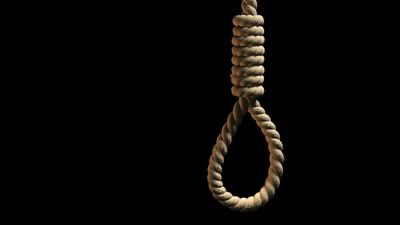
Faith Nyasuguta
South Africa’s president, Cyril Ramaphosa, announced that the African National Congress (ANC) intends to form a government of national unity with a broad coalition of opposition parties.
“The purpose of the government of national unity must be, first and foremost, to tackle the pressing issues that South Africans want to be addressed,” Ramaphosa stated on Thursday following an extensive ANC meeting.
Ramaphosa highlighted key issues such as job creation, inclusive economic growth, the high cost of living, service delivery, crime, and corruption as priorities for the proposed unity government. In the recent general election, the ANC secured just over 40% of the vote and 158 seats in South Africa’s National Assembly, marking the first time it fell short of an outright majority.
During 10 hours of intensive discussions with senior ANC members at a Johannesburg conference center, Ramaphosa acknowledged the necessity of forming partnerships to establish a government.

While there was speculation that the ANC might consider a minority government or coalition with one or two major parties, Ramaphosa opted to invite all rival parties to talks. He emphasized that a national dialogue is crucial for rebuilding social cohesion in a society fractured by a particularly toxic and divisive election campaign.
Ramaphosa revealed that ANC negotiators had already initiated talks with five parties: the leftist Economic Freedom Fighters (EFF), the Zulu nationalist Inkatha Freedom Party, the center-right Democratic Alliance (DA), the National Freedom Party, and the anti-immigrant Patriotic Alliance.
“All parties must commit to shared nation-building and social cohesion,” he said, underscoring values such as respect for the constitution, the rule of law, social justice, equity, human dignity, non-racialism, and non-sexism.
However, challenges remain in forming this coalition. The DA indicated on Wednesday that it did not want to join a deal that included the EFF. Former president Jacob Zuma also stated after the election that his faction would not cooperate with “the ANC of Ramaphosa,” and the ANC responded by saying it wouldn’t enter discussions with anyone demanding Ramaphosa’s resignation.

Since Nelson Mandela’s leadership began in 1994, the ANC, a former liberation movement, has governed South Africa. However, over the past decade, its support has waned due to widespread poverty, a stagnating economy, rising unemployment, and persistent power and water shortages.
These issues have disproportionately affected black South Africans, who make up 80% of the population and have been the core of the ANC’s support base for years. Ramaphosa’s initiative to form a government of national unity is seen as a strategic move to address these challenges and stabilize the country’s political landscape amid declining confidence in the ANC’s ability to govern independently.
The success of this initiative will depend on the willingness of opposition parties to collaborate and the ANC’s ability to address the systemic issues that have plagued South Africa for years.
RELATED:




